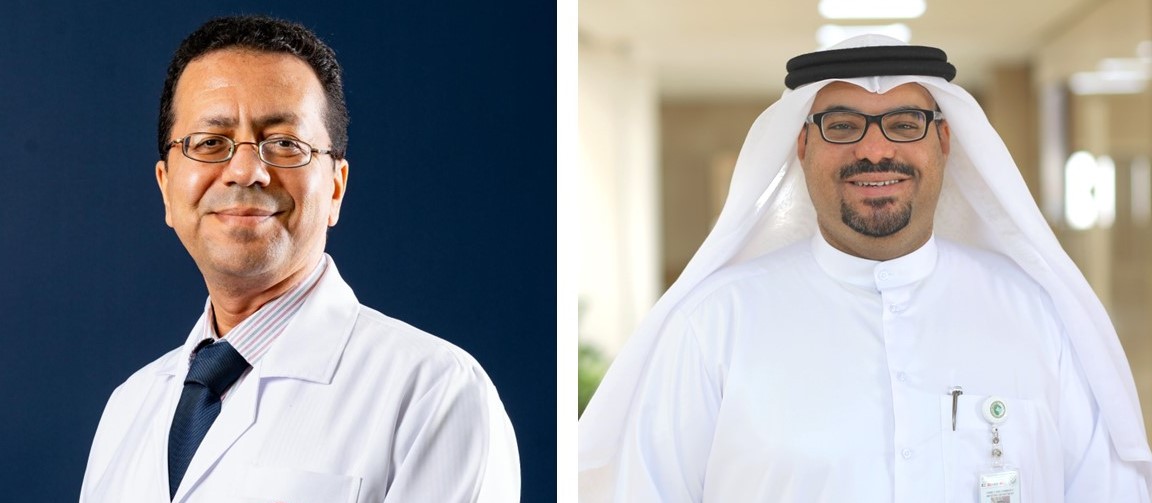
Milestone in Diagnostic Accuracy and Respiratory Safety in Bahrain: University Medical Centre Enhances Its Diagnostic Capacity with an Advanced Pulmonary Function Testing Device
Arabian Gulf University
14 Jul, 2025
The University Medical Centre at King Abdullah Medical City has announced the installation of a state-of-the-art Pulmonary Function Test (PFT) device, underscoring its ongoing commitment to providing patients and the community with the latest and most efficient medical technologies. This pivotal addition is set to elevate healthcare quality, particularly in the precise diagnosis and monitoring of chest diseases.
Commenting on the development, Dr Salman Hamad Al Zayani, Chief Executive Officer of the University Medical Centre, said: “This strategic investment demonstrates our constant drive to keep pace with global advances in the medical sector. Equipping the Centre with this sophisticated device will sharpen our diagnostic capabilities and enable our medical teams to deliver comprehensive, accurate care in line with our vision of becoming a leading medical hub in the region.”
Dr Al Zayani expressed his gratitude to His Excellency Dr Saad bin Saud Al Fuhaid, President of the Arabian Gulf University (AGU), for his keen support and continuous follow-up of the Centre’s development efforts.
The PFT device is an indispensable diagnostic tool for assessing lung efficiency and the ability to inhale and exhale air, as well as measuring how effectively oxygen is transferred to the bloodstream. It conducts a series of painless tests that allow physicians to identify respiratory disorders with precision, facilitating early diagnosis and contributing to the formulation of effective treatment plans.
For his part, Dr Adel Bedaiwi, Consultant Pulmonologist at the Centre, noted that “this device enables us to perform highly accurate examinations that are crucial for the early detection of chronic respiratory diseases such as asthma and chronic obstructive pulmonary disease (COPD), as well as assessing the impact of other conditions, including heart disease and obesity, on respiratory function. It is also an essential tool for evaluating lung capacity before major surgeries and for monitoring patients’ responses to treatment.”
The main tests provided by the device include spirometry to assess lung volume and airflow speed, lung volumes to distinguish between obstructive and restrictive diseases, diffusing capacity (DLCO) to evaluate the lung’s ability to exchange oxygen, and bronchial provocation tests to detect airway hyper-responsiveness.
